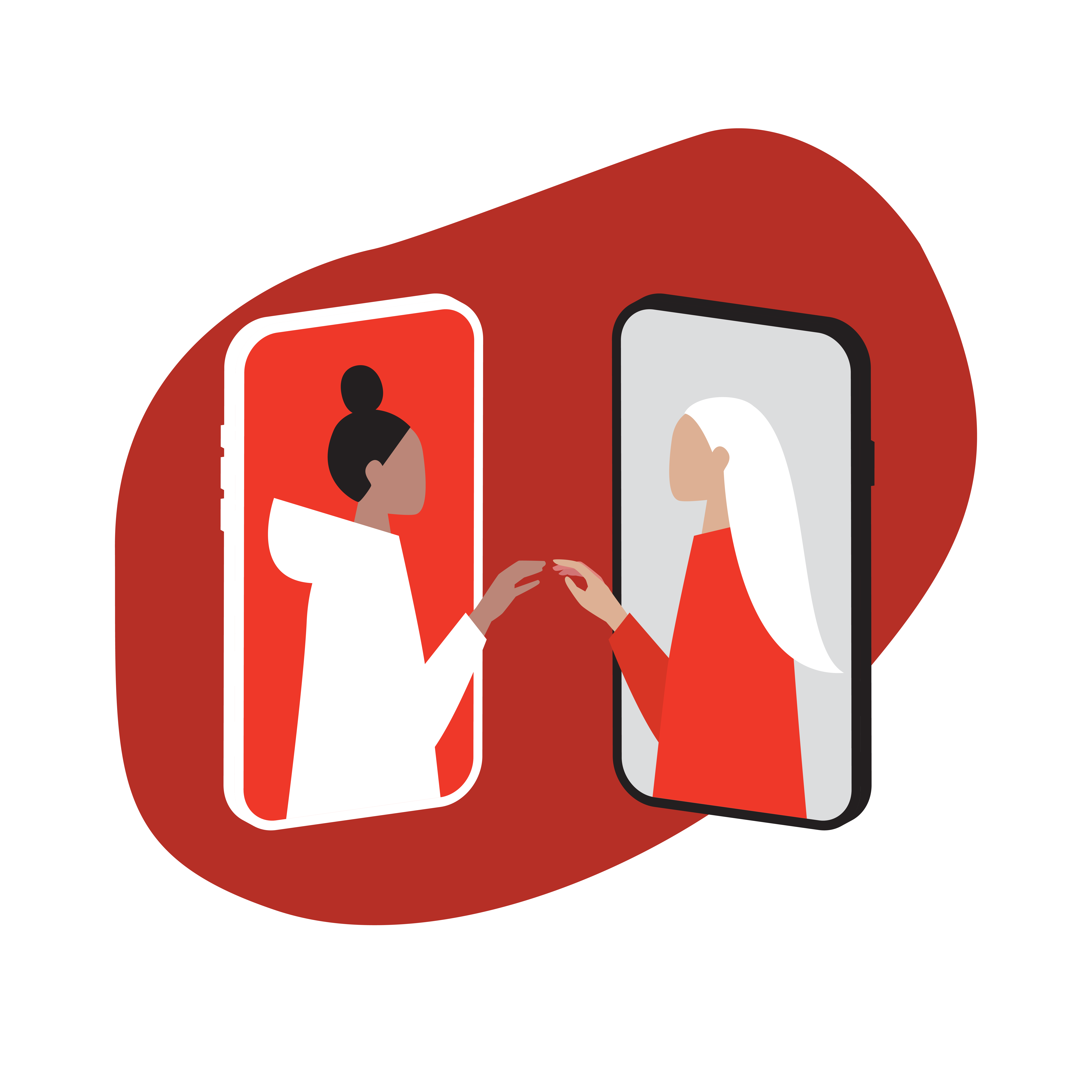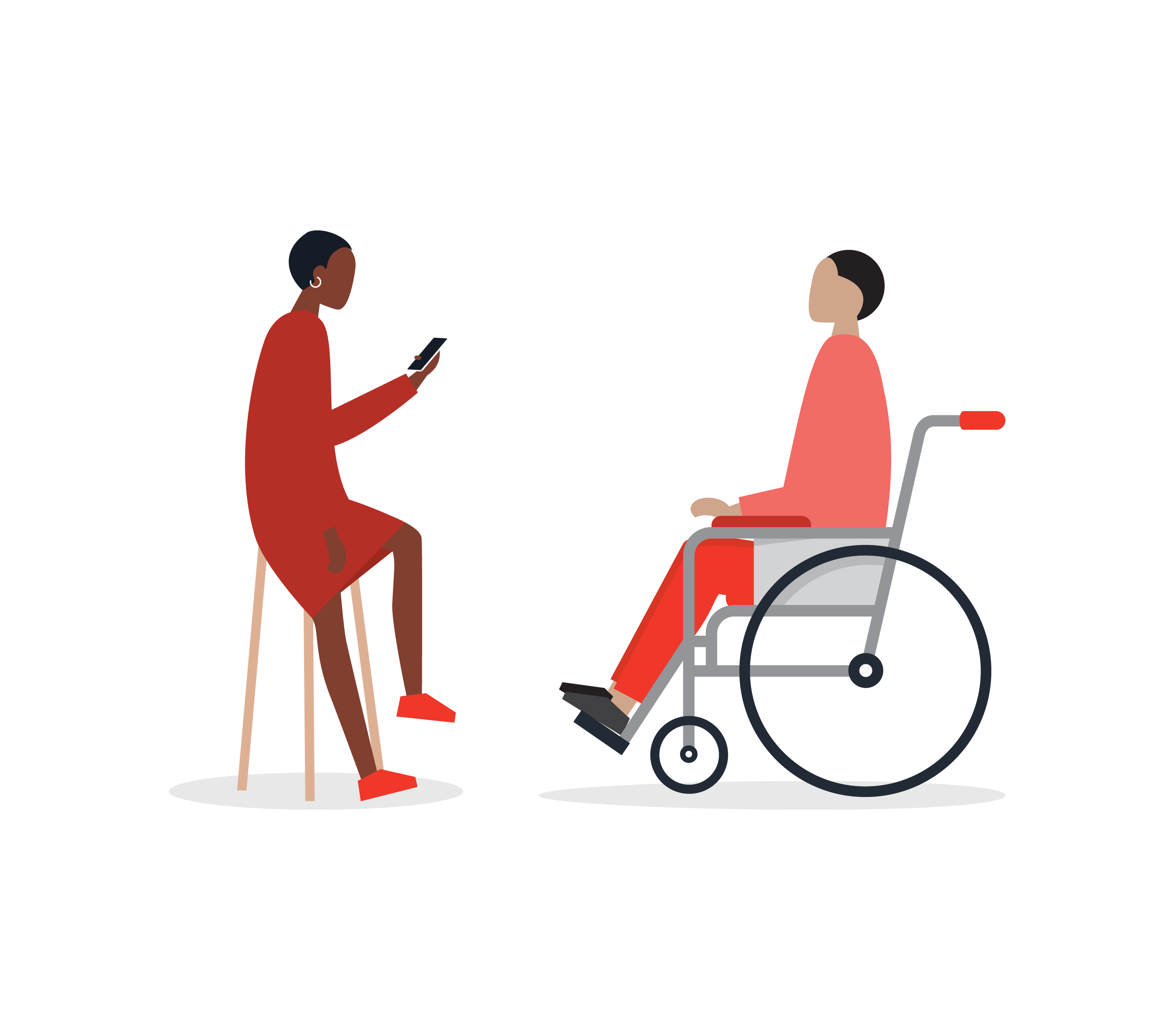AARP Hearing Center

En español | Caregiving may be one of the most important, and challenging, roles you’ll ever take on. No matter where you are in your caregiving journey — starting to plan; taking care of a family member in your home, in a facility, or from a distance; or managing end-of-life caregiving responsibilities — having resources at your fingertips will make the process easier.
AARP developed this family caregiver guide with you, the caregiver, in mind and as a starting point to help you find the services and support you might need throughout your journey.
To order a print copy of this online guide, call the toll-free AARP Family Caregiving Resource Line at 877-333-5885 and indicate which state(s) you would like to receive. A copy will be mailed to you.
**Many of the resources referenced in this guide are not offered by AARP, and any information you provide to the host organizations will be governed by their privacy policies.

Caregiver Support
District of Columbia Caregivers’ Institute (202-464-1513)
Provides services and support to unpaid primary caregivers of adults age 60 or older. Caregivers receive help to cope with changing situations, create and apply a plan of support and recharge by participating in activities. A Caregiver Flex Account allows reimbursement for pre-approved caregiving expenses.
Finances
BenefitsCheckUp (800-794-6559)
Comprehensive, free online service from the National Council on Aging that connects older adults with benefits for which they are eligible.
DC 311 (3-1-1; 202-737-4404 outside of D.C.)
Toll-free number and online service that allows residents to request assistance with city services and information.
Economic Security Administration—D.C. Department of Human Services (202-671-4200)
Determines eligibility for benefits under the following programs: Temporary Cash Assistance for Needy Families, Medical Assistance, Supplemental Nutrition Assistance Program, Burial Assistance and Interim Disability Assistance.
Legal
Department of Aging and Community Living — Adult Protective Services (202-541-3950)
Protects vulnerable adults from physical, financial, or emotional abuse, as well as neglect and self-neglect.

Neighborhood Legal Services Program (202-832-6577)
Offers civil legal services and free legal information to low-income residents.
Legal Aid Society of the District of Columbia (202-628-1161)
Provides free legal assistance to D.C. residents.
Legal Counsel for the Elderly (202-434-2120)
On behalf of vulnerable D.C. elders, fights to prevent evictions and foreclosures; obtains Social Security, Medicaid and Veterans benefits; advocates for nursing home residents; prepares wills and powers of attorney; and much more.
Health
Department of Aging and Community Living — D.C. State Health Insurance Assistance Program Counseling (202-727-8370)
Offers Medicare beneficiaries, their families and caregivers free health insurance information, counseling and education. Assists with resolving unpaid medical bills, making appeals for denials of medical services and obtaining prescription medication.
Alzheimer’s Association — National Capital Area Chapter (800-272-3900)
Serves area residents with Alzheimer’s disease and other dementias, their families and caregivers including a 24/7 helpline, community resource finder, education programs, general health guidance and professional training.
Housing and Care Facilities
District of Columbia Housing Authority (202-535-1000)
Provides quality affordable housing to low- through moderate-income households.
Office of the Tenant Advocate (202-719-6560)
Provides renters with technical advice and legal assistance in disputes with landlords and offers financial help to eligible displaced tenants for emergency housing and relocation services.
Office of the Attorney General for the District of Columbia (202-727-3400)
Provides tenants with affordable housing resources.
Information and Services
ConnectorCard Program (202-420-7534)
Cost-share program that offers qualified older adults age 60 and over older a debit card that can be used for ground transportation services to the destination of their choice at little or no cost.
Department of Aging and Community Living (202-724-5626)
Assists low-income residents 60 and older, adults living with disabilities and their caregivers with the process of applying for Medicaid, Supplemental Nutrition Assistance Program benefits, and Home and Community Based and Elderly and Persons with Disabilities waivers. In partnership with more than 20 community-based organizations, the department offers more than 40 free or low-cost programs.

Department on Disability Services (202-730-1700)
Coordinates services for residents with disabilities and their caregivers through a network of private and nonprofit providers: Developmental Disabilities Administration and Rehabilitation Services Administration.
Senior MedExpress (202-724-5626)
Offers eligible residents age 60-plus free round-trip transportation to essential medical appointments such as chemotherapy or dialysis.
Silver Circles (202-895-9448)
Peer-led support groups for adults ages 60-plus who identify as LGBTQ. The groups meet in several locations twice a month and provide opportunities to connect, provide a safe space to talk about issues and build support to navigate challenges.
Transport DC (844-322-7732)
Alternative to paratransit transportation service for eligible MetroAccess customers. Offers $5 one-way taxicab rides to and from any location in the district for the first 15 days of each month. For the remainder of the month, transportation is restricted to approved employment and medical treatment locations.
Washington Metropolitan Area Transit Authority (888-762-7874 | 202-962-2700)
Provides reduced fares and paratransit service for seniors older and people and those with disabilities.
End of Life
Compassion & Choices 800-247-7421
Offers planning tools and advance planning consultation services related to end-of-life options, including access to medical aid in dying.































































